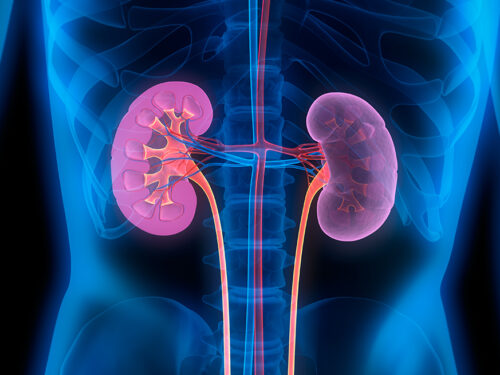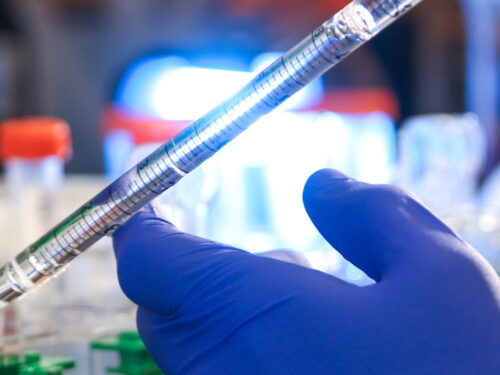

Unravelling the Link between DCTN1 Gene and ALS: A Breakthrough Study by University of Malta Researchers
Amyotrophic Lateral Sclerosis (ALS), often referred to as Lou Gehrig’s disease, is a devastating neurological disorder that affects the motor neurons controlling muscle movement. Unfortunately, the current available treatment for ALS has proven to be ineffective in halting the disease’s progression. However, hope shines through as researchers from the University of Malta recently made a ground-breaking discovery, uncovering how disruption of the DCTN1 gene is linked to ALS. This revelation holds immense promise for advancing ALS treatment options. Let’s delve into the details of this pioneering study published in the scientific journal Frontiers in Neuroscience.
Understanding ALS: A Debilitating Neurological Disease
ALS is a neurodegenerative disease that targets the nerve cells or neurons responsible for muscle control in the body. As the disease progresses, muscles weaken and degenerate, leading to difficulties in performing everyday tasks such as walking, talking, eating, and even breathing. Unfortunately, ALS remains relentlessly progressive, severely impacting patients’ quality of life.
The Importance of the DCTN1 Gene in ALS
University of Malta researchers found that ALS cases in Malta differed from other European populations regarding the genes responsible for the disease. Among these genes, DCTN1 stood out as being significantly more damaged in Maltese ALS patients compared to their European counterparts. To better comprehend the link between DCTN1 and ALS, the researchers carried out a pioneering study using fruit flies as a model organism due to their genetic and biological similarities to humans.
Unravelling the Connection: Insights from Fruit Fly Research
In the ground-breaking study, the researchers disabled the DCTN1 gene in fruit flies to observe the resulting effects. Astonishingly, the flies exhibited symptoms that mirrored those observed in ALS patients with faults in the same gene. Notably, the flies experienced reduced mobility and a deterioration of the connections between neurons and muscles.
Furthermore, the researchers investigated the differences between healthy neurons and those lacking the DCTN1 gene. They discovered several genes that play a critical role in neuronal function were inaccurately edited. Strikingly, these genes were already known to be incorrectly edited in post mortem brain samples of ALS patients, validating the relevance of the findings to the real-world disease process.
Implications for ALS Treatment and Beyond
These ground-breaking discoveries have significant implications for the development of new ALS therapies. Understanding the critical role of DCTN1 and its impact on neuronal gene editing opens up new possibilities for correcting these errors in crucial neuronal genes. This holds the potential not only to reverse the detrimental consequences in ALS patients with damaged DCTN1 but also to benefit a wide range of patients affected by ALS.
Conclusion
The research carried out by University of Malta scientists has shed light on the role of the DCTN1 gene in causing ALS and provided valuable insights into the disease’s mechanism. This ground-breaking study has paved the way for potentially transformative ALS treatments that correct gene editing errors in crucial neurons. As the researchers continue their work, the prospects for effective ALS therapies and improved patient outcomes are brighter than ever. This discovery serves as a beacon of hope for the ALS community and beyond, igniting optimism for a future where ALS can be managed and its devastating effects alleviated.
The Research Team and Funding Sources
The study was conducted by a dedicated team of researchers at the Motor Neuron Disease Laboratory at the University of Malta. Led by Prof. Ruben J. Cauchi, the team included Dr. Rebecca Borg, Dr. Paul Herrera, Angie Purkiss, and Rebecca Cacciottolo as co-authors of the study.
The research at the Motor Neuron Disease Laboratory was made possible by funding from the Malta Council for Science & Technology Research Excellence Programme, a Tertiary Education Scholarship, and the Anthony Rizzo Memorial ALS Research Fund facilitated by the University of Malta’s Research Trust (RIDT).
To support this research and for further information please visit www.ridt.org.mt





